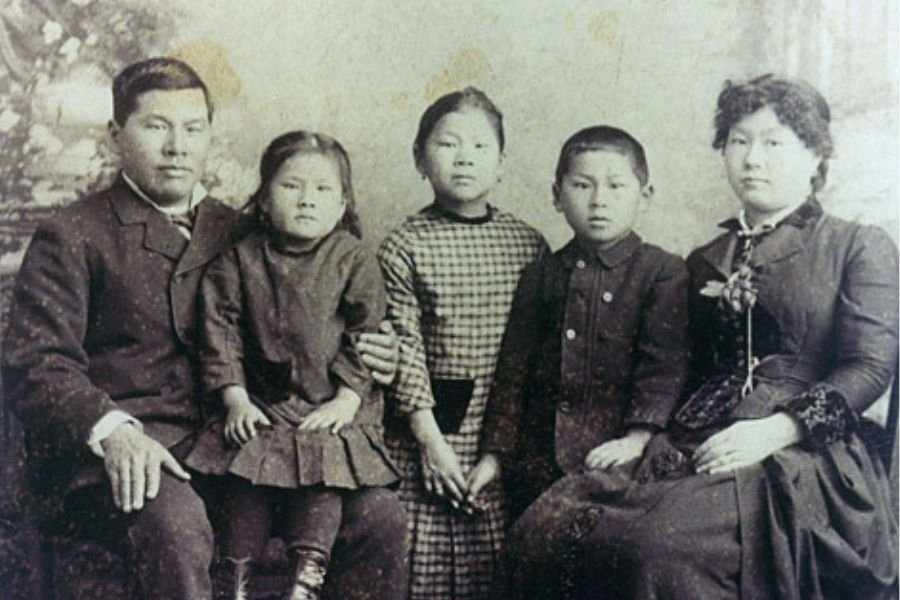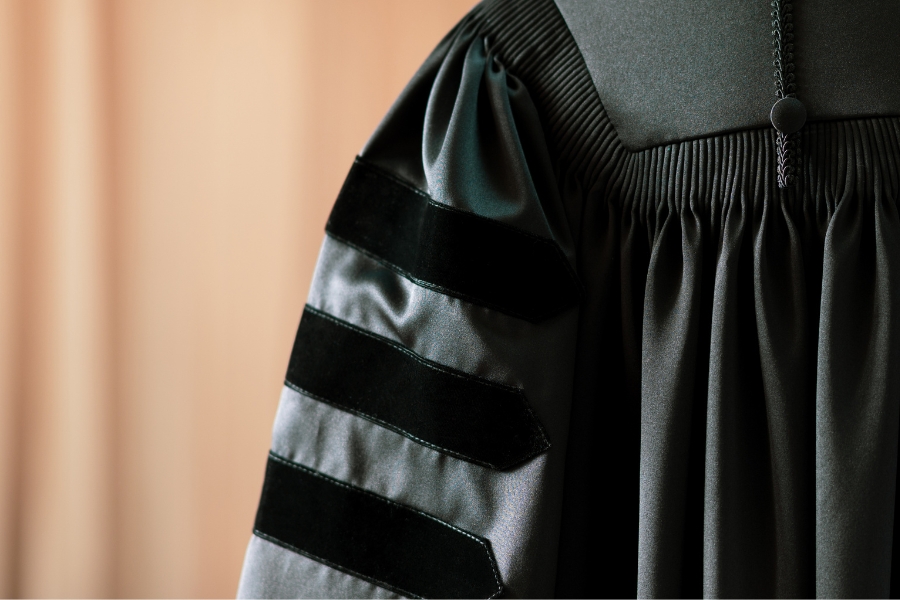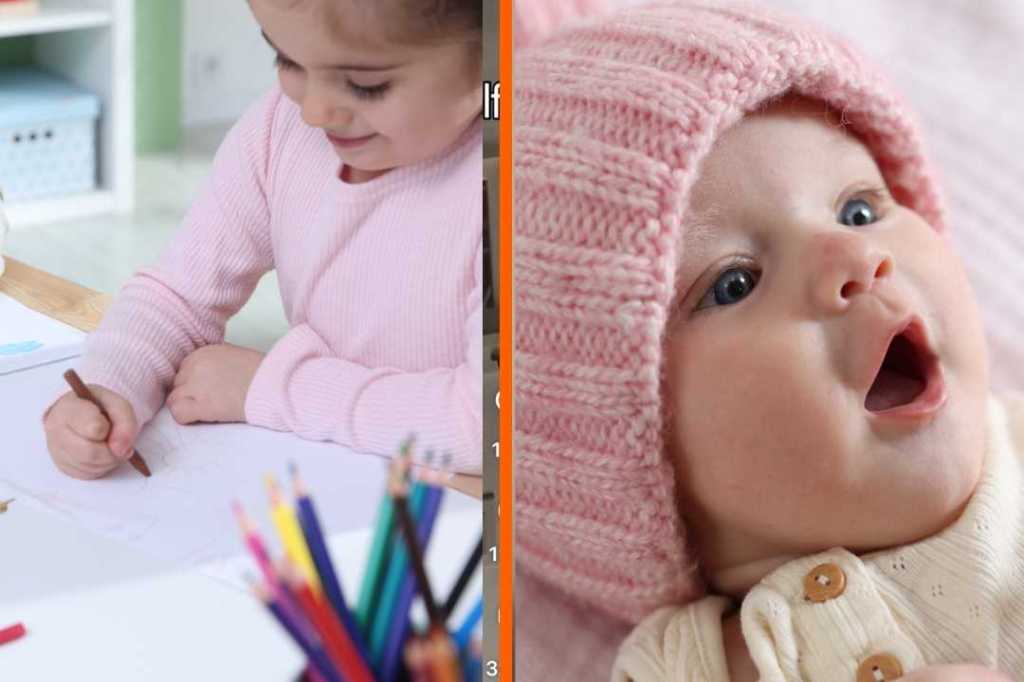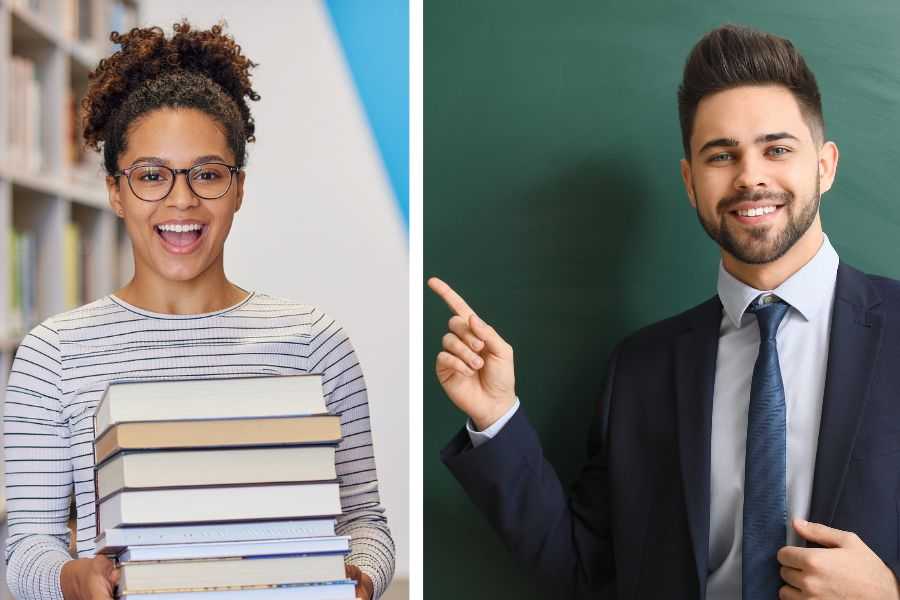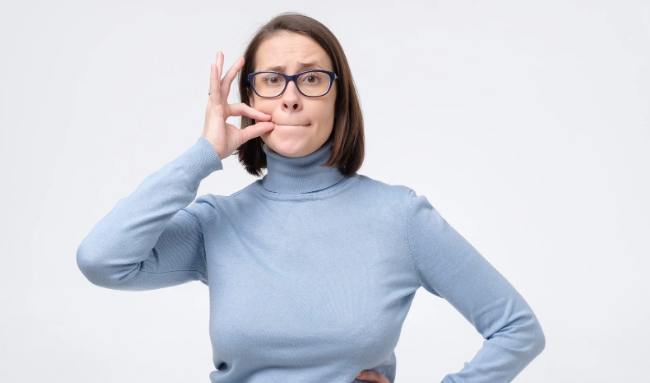In 2024, the idea of racially segregated schools sounds ridiculous, but it was the standard practice for most of American history. White Americans often refused to accept their children being educated alongside children of other races and ethnicities, and lawsuits over the matter ultimately rose all the way to the Supreme Court, culminating in the famous Brown vs. Board of Education ruling.
That landmark 1954 case marked the end of legal school segregation, as the Supreme Court unanimously ruled that segregating students by race was unconstitutional, a violation of the 14th amendment.
But another segregation case reached the California Supreme Court 70 years prior, and it revolved around an 8-year-old Chinese American student named Mamie Tape.
According to History.com, Mamie’s parents, Joseph and Mary Tape, had each come to the U.S. as children and had fully integrated into American life and culture. They took English names, wore Westernized clothing and lived by standard American customs. They were married in a Christian ceremony and named their three children Mamie, Emily and Frank. Joseph operated a delivery service and was a successful, well-respected businessman among both Chinese and white communities in San Francisco.
However, despite their extreme assimilation, when they tried to enroll their 8-year-old daughter in the all-white Spring Valley Primary School in 1884, Principal Jennie Hurley flat out refused to admit her.
Unsurprisingly, the school-board had a policy against admitting Chinese children. The Chinese Exclusion Act, which placed a 10-year ban on Chinese workers immigrating to the U.S., had just been passed in 1882 and anti-Chinese prejudice was commonplace. But that did not deter the Tapes from their mission to get the best education for their child.
California had passed a law in 1880 that entitled all children in the state to partake in public education. However, school boards ignored the ruling and social custom kept the schools segregated. Chinese children attended the mission-run schools in Chinatown, while white children attended their local neighborhood schools.
The Tapes wanted Mamie to attend her neighborhood school. So they fought the administration’s refusal to admit their daughter by filing a lawsuit on her behalf against Hurley and the San Francisco Board of Education. The Tapes’ lawyer, William Gibson, argued that not only did Hurley barring Mamie from the school violate California’s existing law, but it also violated the 14th amendment of the U.S. Constitution—the basic argument that would eventually ban segregation nationwide in the Brown v. Board verdict.
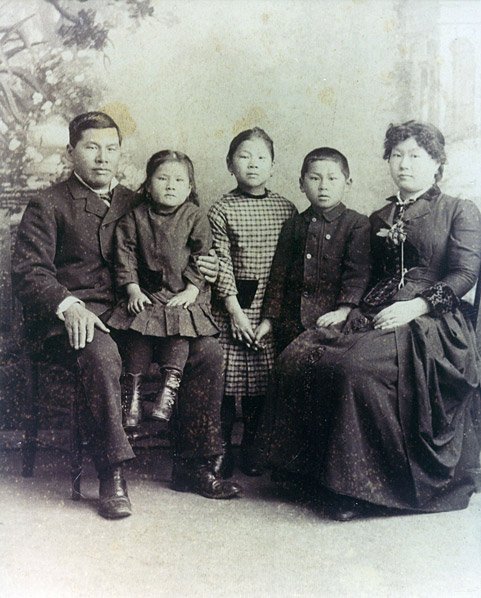
Tape vs. Hurley never went to the highest federal court, however, because both the Superior Court and the California Supreme Court agreed with Gibson’s interpretation of the Constitution. On January 9, 1885, Superior Court Judge McGuire wrote in the court’s decision, “To deny a child, born of Chinese parents in this State, entrance to the public schools would be a violation of the law of the State and the Constitution of the United States.”
Despite their success in court, that unfortunately wasn’t the end of the Tapes’ struggles to get Mamie into the Spring Valley school. The court’s ruling did not address the “separate but equal” doctrine, which was not yet legally binding (that would come with Plessy v. Ferguson in 1896) but was the prevailing justification for segregation. The “separate but equal” idea held that segregation was okay as long as it affected all races equally. For instance, white people and non-white people could have separate drinking fountains, as long as everyone had access to a drinking fountain.
What that meant in the Tapes’ case was that the San Francisco school board quickly and successfully pushed to pass a new state law authorizing the creation of separate public schools for “children of Chinese and Mongolian descent.” The new Chinese school wasn’t ready yet, so the Tape still tried to enroll Mamie into the white school, but Hurley still denied her, citing there being too many students already and claiming that Mamie didn’t have the required vaccinations.
Having already exhausted legal avenues, Mary Tape published a scathing letter in the Daily Alta California newspaper.
“Dear sirs,” she wrote. “Will you please to tell me! Is it a disgrace to be born a Chinese? Didn’t God make us all!!!” She railed against her daughter’s treatment, saying she was more American than many people reading it. No matter how Chinese people live and dress, they are hated simply for being Chinese, she pointed out. “There is not any right or justice for them,” she wrote.”
Indeed, Mamie and the Tapes didn’t see justice in their case, despite winning their legal case in court. But Tape vs. Hurley has gone down in history as a landmark case in the fight for ending segregation, one stepping stone toward true equality under the law.

